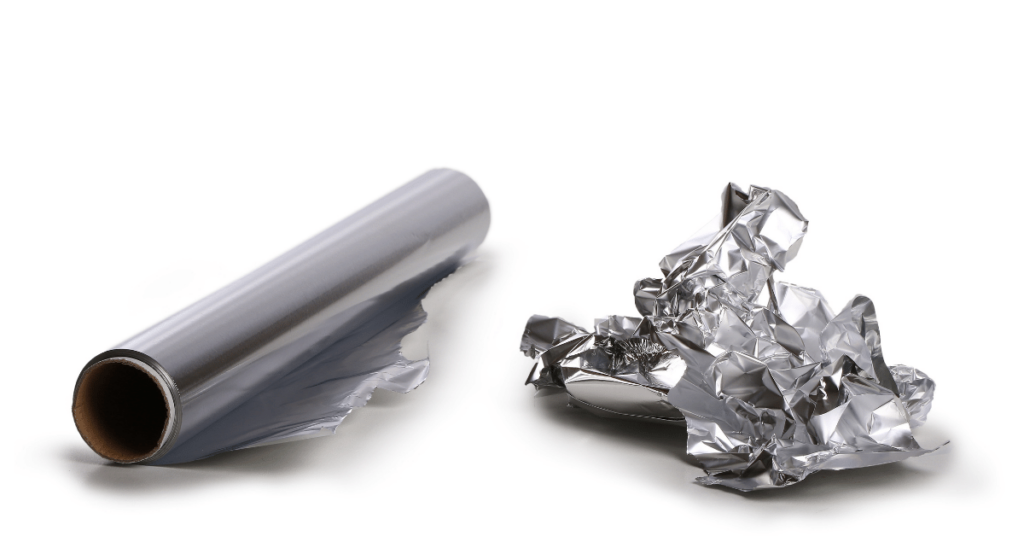Most people use aluminum foil in the kitchen. We cook with it, and we wrap sandwiches and other foods in it. Moreover, several personal care products, such as antiperspirants, contain aluminum. However, many researchers issue a warning against its use since studies show that aluminum is a neurotoxic metal that has severe side-effects on the function of the brain. Additionally, aluminum has been associated with Alzheimer’s disease.
According to experts’ studies, this toxic aluminum metal might cause long-lasting adverse effects, including mental decline, loss of balance, memory, coordination, and bodily control.
Aluminum Foil Dangers
Aluminum builds up inside the bones inhibiting calcium and reducing its levels. Hence, cooking with aluminum foil or using aluminum pots and pans should be avoided if possible.
Researchers have also related cooking with aluminum foil with pulmonary fibrosis and other respiratory issues due to aluminum particles’ inhalation. According to a study reported in the NCBI, “Aluminum use and primary aluminum production results in the generation of various particles, fumes, gases, and airborne materials with the potential for inducing a wide range of lung pathology.”
The same effects are achieved in the case of grilling with aluminum. Usually, people liked to wrap up fresh fish and onions and herbs and put them on the BBQ. Not anymore! Cold aluminum is harmful when exposed to high temperatures because it releases parts of the metal into the food.
Dr. Essam Zubaidy, a chemical engineering researcher at the American University of Sharjah, evaluated the effects of aluminum on cooking. He found that a meal cooked in aluminum foil can include up to 400mg of aluminum. According to the World Health Organization, the RDA (recommended daily allowance) for aluminum is limited to 60mg daily.
What Dr. Zubaidy is saying is that: “The higher the temperature, the more the leaching. Foil is not suitable for cooking and is not suitable for use with vegetables like tomatoes, citrus juice or spices.”
Interestingly, a question we are often asked is, Should You Replace Your Amalgam Fillings? Find out in this video:
What to Use Instead of Aluminum Foil
Rather than using aluminum foil, we suggest:
- Store leftover foods in glass containers.
- When cooking, use glass, ceramic, stainless steel, and parchment paper or Bee’sBee’s Wrap, which a uniquely designed plastic-free and eco-friendly reusable food wrap
- Food grade silicone, FDA (USA), and SGS (Australian) approved nontoxic materials.
- BBQ use a “”grill basket”” or “”cedar grilling papers””
It’s important to keep in mind that when we stop using aluminum products, this is just the first step. We also need to remove harmful neurotoxins, dangerous heavy metals, chemical toxins, Candida, and other harmful bacteria from the body. In times past, it was common to do a spring or fall detoxification every year. When was the last time you did a detox program?
The Budwig Detox Pack
To help remove aluminum and other dangerous heavy metals and cleanse your body, we recommend the Dr. Budwig “DETOX PACK.”
For more information on this topic and to learn the importance of regularly detoxing your body, we encourage you to read the following articles:

Thank you for all your email so enjoy.